In this episode, we chat about how Client Service has changed over the years. We emphasise the importance of relationship-building, while reflecting on times when this has gone wrong. We look at the role Account Managers play in the Yawn eco-system, and how our organisational structure helps clients to achieve results.
Meet your hosts

Sam Edwards
Sam Edwards has a wealth of experience devising strategy and managing marketing campaigns across industries, with a particular focus on standout, creative campaigning. He has his heart screwed on and his head in the right place.
Beyond Yawn, Sam works with The Feed social enterprise as a Non-Executive Director, working to prevent poverty, hunger and homelessness in Norwich.

Grace Appleby
Grace Appleby oversees all of Yawn’s precious relationships with clients, friends, partners and suppliers, and enjoys nothing more than meeting new people.
In her free time, Grace is a networker by nature – organising events for the Buy Local Norfolk community and running Norfolk Women’s Marketing Network C.I.C.
Transcript
Grace: Welcome to the Yawn Marketing Podcast. We believe good marketing is like a yawn. It gets to you and goes around the room.
Sam: We’re an agency and consultancy based in Norwich, and as we approach our fifth anniversary, we wanted to step outside the business and reflect on some of the learnings we’ve made along the way. I’m Sam Edwards, the agency founder, and I’m joined as ever by Grace Appleby, our Client Service Director.
Grace: We’re going to be talking about the highs and lows of agency life and everything in between so let’s get into it.
Sam: Grace, what are we talking about this week?
Grace: We’re talking about Client Service, my favourite thing to talk about.
Sam: And very much your remit as the client service director. Do you remember the first time you met one of our clients? And I say one of our clients, at that point.
Grace: One of Sam’s clients.
Sam: Yep. It was just me!
Grace: Yeah absolutely. I’d been begging to meet somebody for a long time.
Sam: You’d been working in the background.
Grace: I’d been working in the background a lot, so I felt like I knew the client really well, they didn’t know me at all. They might have known my name, but they definitely hadn’t spoken to me before. So it’s quite funny meeting somebody where you feel like you know their brand inside out.
Sam: I think I would’ve been going to meetings with them and talking about work…
Grace: Work that I was doing.
Sam: And also about you. At the time, most of my support network, business-wise, was actually my clients. So a lot of them had fair sized teams already. I’d never employed anyone, so I was getting HR advice, or recruitment advice, all of that. So yeah, they knew of you quite a lot by then.
Grace: I imagine so. But it was something I was really nervous for. Mainly because I knew you had this really good relationship with them, and that I was this other person who was coming in. And obviously, I’d heard a lot from you about that relationship and how much trust there was there, how long you’d worked together. So I felt quite a lot of pressure to live up to that and to continue that good relationship.
Sam: Did it go well?
Grace: Well, I mean, I don’t think many of my ideas were accepted. But I took the feedback and we tried again. Nonetheless, it wasn’t intimidating meeting them – I’d wanted to meet them for so long. But about relationships. It was because of that relationship you had with them, I felt a lot of pressure to live up to that. Really, that’s all of our client relationships at that point. It was all based on how well they got on with Sam.
Sam: Yeah and we’ll talk about it in the second half – what client service means now? But I guess we should probably step back a little bit and talk about what a Client Service Director is and in an agency environment, what the client service function actually means? How would you define that?
Grace: Client service for me is, weirdly, the advocates for the clients and their business within the agency. We are the voice of the client when they’re not there. For me, that usually means it’s our job to get under the bonnet of that business – which is a Sam phrase. And work out…
Sam: I didn’t come up with that phrase.
Grace: It’s a Sam-ism! But find out what it is they want to achieve and for us to interpret what they actually need to do that. A lot of the time people will come to use knowing they want more sales or want better brand awareness, but not how to do that. Oftentimes, what they think they need and what they actually need don’t line up. So it’s our job to listen to those needs and interpret them.
Sam: We’ll cover a little bit later on, but in our world, as the agency has developed, we can now talk about client service as a defined thing. At the time when you joined, when it was just you and me, and for quite a long time after that, client service was baked into everything that we did. When we were doing someone’s social media, we’d be on the phone with them talking them through what we were doing and working through that project live. There was no kind of delineation between service delivery and client service, which in a mature agency is just kind of divvied up into silos.
Grace: Absolutely! But we were also effectively part of their in-house team, and we took great pride in that – we still do these days. But now it looks incredibly different. We were so responsive to whatever our client needed when they needed it that what a client got from a Yawn retainer was quite literally a movable feast. One month it could be some social media posts, the next month “Oh you need a website?” “We’ll find you someone. We’ll do this. We’ll write the strategy” “Oh you need blogs?” “Great. We do blogs now.”, and it was just ever-evolving.
Sam: And you just say that we took pride in that? We had a right to. It’s a really good way of working when you’re small and starting out.
Grace: And it’s not easy to do. We did it well. We had happy clients and we were getting good results for them, but it’s not something that makes a lot of sense. You can’t be an expert at everything.
Sam: Well, it’s what is often called white-glove service, where you’re doing a bit of everything, you’re really malleable. Whatever they want, whenever they want it. You can’t scale that. Also, a lot of the stuff that a client will want, in any kind of agency environment, whether it’s marketing or recruitment or something like that. A lot of the things they need aren’t particularly flashy and you don’t need your best client-facing brain to deliver that function. In an agency, as you’re trying to scale it, you need to free up some of that resources to do day-to-day bits and pieces. You can hear there, that’s how you start evolving a client-service function and why you need it.
Talk to me about the value. You educate me on this all the time now. You’re always encouraging me to see where the value is in a client relationship. Talk to me about what that looked like in our first year or so. What did they look for in us?
Grace: I think in the same way you looked for in them, when you were saying about where you went for questions or business advice, it was a similar relationship to that. It was very much give and take, it wasn’t that they were the client and we were the agency and there was nothing in between. It was a friendship, I’d say. The clients valued Sam and Sam’s brain, knowing that Sam understood their brand and that Sam was someone they could talk to and ask questions to. That then became Sam and Grace.
Sam: As that evolved, it very much became Sam and Grace, and again, a lot of the growth we’ve managed to enjoy is still based on that. Whether it’s public-facing or within the agency itself, that partnership clients really recognised – just good fortune really, and personalities and things like that, that it worked. It was a really big move to introduce you to clients. It was then a really big move, as we scaled. And again, we needed your really good client-facing brain (and a bit of mine as well). We needed to deploy that to new clients. It then became very difficult to extricate you from those clients. Not least that would be the second time they’d gone through an Account Manager change in quite a small period of time, and quite rightly businesses really don’t like that – they get to know someone and then it goes away.
Grace: I think when you place all of the importance of a relationship on the people. If one of those people isn’t working with you anymore, if Sam or Grace has gone, then that relationship falls apart, especially when there’s no foundation underneath it. We’re not constantly talking about the results, and we’re not really lending expertise on the strategy. If that’s not at the forefront of the relationship, which often times it wasn’t, there’s not much for it to lean back on.
Sam: When I’ve been reflecting in the last few days on that first period of Yawn, when we were really growing quite fast and trying to bring in new clients left right and centre, and it changed from being you and I to you, me, plus others. And again, others that were just as good as you at building relationships are you were. The challenge that we always had was defining our USPs, defining what it was that the client saw value in. All we really knew for certain was that they liked those relationships, and we made the mistake of getting really married to that.
Grace: That’s our secret sauce. It’s all we can do.
Sam: Yeah, and it really quickly becomes we do that really well to that’s all we can do. We won quite a bit of work by doing that, by foregrounding the relationships and I’m glad that we did it. What it did longer term, and we didn’t notice this for a while, it completely undermined our expertise.
Grace: We’re the happy clappy marketers, not the experts.
Sam: So you don’t consider yourself that, you consider yourself really good at building relationships. Then you blink and, again, we’ve talked about what happens when there’s a change of personnel on our side. What happens when there’s a change of personnel on the other side?
Grace: Absolutely.
Sam: We don’t quite know how to engage with that. That’s not to say we weren’t doing really good marketing, and getting really great results. But we didn’t know how to shout about that. We just knew how to shout about the nice, cuddly stuff. We’ll talk in a minute about where that went wrong and how we started to remedy it, because that was a really big watershed moment for us. But before we do, I’ve just said that cuddliness – we use that adjective quite a bit when we talk about relationships. We know that it means that it’s not grounded in anything. If a relationship is just a cuddly relationship, that’s because we haven’t properly done the work to identify where the value is and all that. Again, we can look back at all those relationships now and recognise where we weren’t assertive enough with the value that we were adding. That all pertained to sales. The way we divvy things up, you’re dealing, at that point, with the retained business and keeping existing clients happy, and I was out selling stuff. Again, the only thing I knew how to sell was the relationship stuff, and it meant that we won clients that were really receptive to that. It didn’t give us any kind of edge when we were trying to pitch for clients that weren’t particularly excited by the relationship thing – they just want results, they just want performance marketing and things like that. We had a moment where everything went wrong – just kind of happened that it all synced up and really kind of brought that client service issue alive to us. It was a day really.
Grace: It was. We went out for a day trip to an exhibition of some kind. We thought we were going to have a nice day and brainstorm about the agency and our plans, see some clients along the way, because some of our clients were there as well.
Sam: We booked it in as a bit of a boujee trip for us, like a nice strategy day, with lots of time out and about, walking and talking and seeing some interesting stuff.
Grace: And it didn’t quite end up that way… So it just all kind of seemed to align on the same day that a few clients… the wheels came off, essentially. The things had gone wrong and things had been going wrong that we weren’t necessarily as aware of, mainly because those relationships didn’t sit under our noses anymore. We hadn’t got good at spreading out and delegating and managing that carefully.
Sam: We didn’t really know that we needed to monitor that stuff, which sounds very naive.
Grace: We delegated very carelessly, looking back. We were excited to expand and have new people in the team, and go “Wahoo, let’s get these people doing fabulous things that they’re so good at”, but didn’t think about how those transitions work from a client perspective.
Sam: One of the people, very capable of doing those things, but we had learnt, possibly because you and I were quite gregarious, outgoing, sociable people, 90% of the time. Our only experience was that you can throw a person at another person and they’ll link up, they’ll form a relationship, and they’ll make it work, they’ll be responsive to those issues, they’ll pick up ques and all of that kind of stuff. And really, it took a few months for that mistake to manifest itself.
Grace: As I said, we had our team, and we had full faith in what the team was doing. But you forget that a relationship goes two ways, and that there’s a client on the other side. We know that that team member is amazing and they’re going to do an amazing job, but that client doesn’t know that yet. I think we just forgot and got ahead of ourselves and thought “We can’t wait to introduce these amazing people to our clients” and the clients are thinking “Who?”.
Sam: Scale-wise, I think we also got cocky with that. We just thought you can put a person in and it’ll work.
Grace: And we learnt that the hard way.
Sam: Because I think that day, we had two clients that happened to fire us that day, and I think we had at least one at that show…
Grace: That was going quite badly wrong.
Sam: We were going there to see them, to have a great time, and to have a bit of schmooze, you know, to have a glass of prosecco and that.
Grace: We were the faces they didn’t want to see.
Sam: We pivoted that day into a crisis meeting with that particular client, but also rolled it on to. You came back to my house and we strategised.
Grace: Brain stormed for a long time.
Sam: We kind of re-strategised for the whole agency to take account of that stuff. So let’s take a quick break and we will talk about the plans that we made that day, how they have matured and how client service sits right now.
Grace: So we had a brainstorming session about all of our clients and essentially about what they all needed from us, and how to get ourselves out of the holes we’d dug, basically. I was recent in the Head of Client Service role, I believe, so I was still getting to grips with what that actually looked like and how I could be valuable in that position. I’d started making cheat sheets.
Sam: Also, it was pretty brass-necked of us to call it Head of Client Service, because as I said, client service didn’t exist.
Grace: It didn’t exist no. So I started making cheat sheets for all of our clients. Looking firstly, things like primary contacts and how they want to be communicated with – do you need to call this person if you want to chase them? Do you need to Whatsapp them? But the most important thing was looking at what they value most from us. We essentially broke it down to 3 key things that clients value most – it was either the time we were giving them, the expertise we were lending them, or the results that we were achieving for them.
Sam: And we didn’t accept the relationship as an answer to that.
Grace: No because the relationship is a happy bi-product. It might be the way we get in to discovering which one of those three things that it is. I do stand by the fact that if you have a good strong positive client relationship then if those three other things go wrong along the way, then you’ve got something that can save it and bring that back.
Sam: But that’s not what you’ve sold.
Grace: That shouldn’t be leading the way. We identified all of our clients, which of those three things they valued most, and then we changed the way we approached them accordingly. Because if time is what you value from us, then we’ll make sure we’re being as efficient as possible, and taking up as little of yours as we can. If it is expertise, then can we have sit-down strategy sessions that you can hear and see what we’re thinking, rather than us just sending it to you in an email. And if it’s results, we’ll only bother you when we’ve got results to share – good, or bad, or ugly. Transparency all the way. But we will just tell you about the things you want to know. Coming into that was reporting. We do reports, every month, all the time, for every client, whether they want them or not, because we pride ourselves on making data-driven decisions as all marketers do. But we were sending those reports. All of the millions of lovely stats in there, to our clients who perhaps didn’t have quite the same interest.
Sam: I’ll tell you something that really stuck with me. One of those clients that we lost in that period, which we shouldn’t kind of skip past that. Really difficult period, like really rough.
Grace: We found that really hard.
Sam: All agencies go through kind of rocky periods. Emotionally for the two of us, or for everyone, this was particularly tough because these were businesses that we’ve nurtured that we’ve seen grow.
Grace: And people that we love working with.
Sam: But one of them on the way out said, “I’m not a digital marketer.” Most of our marketing is digital. They said, “I’m not a digital marketer. I don’t understand all these numbers, and I get that you can throw a million different numbers at me. What I want is one figure that is the Yawn Marketing number, that I can measure your performance on”. And to you and I, who are literate in digital data, we’re like, “But there’s loads of numbers there, you could’ve dug through that and found that at any point. Maybe we’ve even written it in your report already, and it’s in kind of a pretty pink box.” But unless you’ve made that, manifest for the client. Unless you’re really showing them that, again, there’s no way for them to measure your value.
Grace: I think some clients might think they’ve got one number and it might be enquiries, or it might be revenue, but really the reason we like more numbers is because we know it doesn’t all come down to that. There are indicator numbers that are really important to give you more context. But the moment we started looking at that we re-structured all the reports to have priorities in there. So we know we can send you a full report, and we often still do because we think it’s important that folks can look back and see what the full picture is, if they want it. But we will make sure in an email to you, you’ll have the one figure you need to know and the most important bit, because that’s what people want to know.
Sam: For those clients who are really keen on understanding those numbers, maybe because their business is going through a critical moment where they’re needing to go from here to here and there’s some kind of milestones along the way. We’re sitting down with them every month and running through the whole thing.
Grace: Going through the whole thing, absolutely. So on that cheat sheet we have who the client is, what we know about them, context that’s important, essentially so that if that client contact isn’t there, the Account Manager isn’t there, I’m not there, somebody else can understand this client relationship that we’ve got. Who they are, how they like to be spoken to, what they care about, and anything like that that we need to know in order to service them properly.
Sam: And the comms style?
Grace: Yeah definitely, because I think different people like to be spoken to in different ways, because they value different things. There’s no point approaching somebody with small talk and “how’s your weekend?” “How are the kids doing?”, if actually they don’t want that, I want you to come on, I want you to give me my stats, I want to ask you some questions and you answer them.
Sam: Then I want you to bugger off.
Grace: Then I want you to go back again, go back to your marketing, and I’ll go back and do my thing.
Sam: But there’ll be other people who they’ll be really annoyed, they’ll feel kind of put out.
Grace: They’d be hurt if you didn’t talk to them. Depending on the Account Manager style, I love a good chat, so I’m always a bit sad if people don’t want a chat. People want different things. Different people like to spend their time in different ways and therefore talk to people in different ways. And it’s just learning that.
Sam: You say you like a good chat, but next thing that I wanted to cover is the role of a Client Service Director and what that means in our current eco-system. And actually, the thing I value most about you and that I see you doing best, is that you can adapt. You’re such an adaptive personality. You can work with whatever you’ve got in front of you. So yeah, I know that you like a good chat, and so do I. So we waste an awful lot of time talking about nonsense and nothing. But if I’ve been in meetings with you, where someone is really transactional and they just want results or strategic conversations, you completely flip to that.
Grace: I think that’s the skill of anyone who works in Client Service or Customer Service, whatever industry. If you were in a people-facing role and you enjoy communicating with people, not everyone in people-facing roles enjoys that but I certainly do, then yeah that’s what you do. You identify how someone wants to speak to you, and you speak to them in that way, especially with marketing, because it is… I’m a languages students and proud. I don’t use my French at all. But you know, it’s a degree for me. But it is like translating a language because marketing terms mean nothing to a lot of people. It’s like translating that into words that someone is going to understand. Different people might relate to it in different things. You might have to use weird football terms to make it make sense to somebody.
Sam: You look very confident when you say football terms, give us some examples, but I was joking.
Grace: Keepie-uppie? Depending on the person you might have to explain them in different ways. Finding out how to explain those things is the most important. And I really enjoy doing that and I know the team at Yawn really enjoy doing that.
Sam: When you say the team at Yawn. We’ve now bulked out as an agency, to the extent that we have… I’m in Business Development/New Business, things like that, our colleague, Jess, runs the Service Delivery team who are heads down gettin on with stuff, you run the Client Services department.
Grace: The noisy desks.
Sam: The noisy desk yeah. The noisy bank of desks. How do you run that? Because everyone’s got their own kind of style, is there a guiding ethos behind that?
Grace: What I try to do with the Account Managers at Yawn is what you did with me, which I don’t normally give you credit for. But I like to give them autonomy to build their own relationships, because they’re all in these roles for a reason, and they’re all very well qualified to do it. And it’s because they know how to talk to people. If I told them how to build a relationship with someone, that wouldn’t work because it would be unnatural and it would be manufactured. I love releasing them onto a new client and seeing what they do, because whether one person in the team met that client, or another, it would be a different relationship. No two would be the same.
Sam: That’s a very humble way of answering the question and I’m not going to let you get away with it. What do they go to you for? Yes, leave them to their own thing that’s very much our ethos as an agency, we’re really good at autonomy. Again, like I’m saying for everything here, that comes from you and I and how you started out. And from how inept I am as a Line Manager. What do they go to you for? What gets escalated?
Grace: I think the main thing is because their job is to build that relationship and gain that trust, they come to me for the more challenging things or the things that aren’t quite as natural that come up in conversations. So if we need to refocus on what the aim of the marketing is, that might be something that I need to come in to help communicate with or help them find a way to communicate. Anything to do with any disgruntlements, so if anything has happened that a client is not pleased with, kind of a result or XYZ. I might help them explain that. But really, I like to call it good cop, bad cop. Because it’s the Account Manager’s job to be the advocate for that client, and they should be the advocate for that client, so they come to me saying “The client wants this…”. And sometimes I’m the person who says “You need to go back to them and say XYZ”, but I want them to keep those good relationships and I’m very happy to be the voice of reason sometimes. Even if it means I don’t always get to do the nice cuddly bit.
Sam: That’s very much a remit that I’ve noticed in the last year or so. We have bulked out our, built up our Leadership Team. You, Me, and Jess are able to jump in and as I say, the Client Service teams advocates for the client, we can advocate for the agency at that point, and talk through, maybe the Account Manager is bogged down in the day-to-day remit. We can talk about how that client is, what they’re planning for the next 12 months and how they’re building that up.
Grace: Yeah absolutely! I think the main thing is just we all want the same thing. We all want success for the client, and they all want success for their business. It’s just reminding ourselves that’s what we’re all trying to achieve here and making sure we’re doing it in a way that makes sense, and that fits the scope of what we’re trying to achieve. And that important relationship between the Account Manager and the Client isn’t effected in the process.
Sam: Yeah, nice. The last thing that I wanted to cover on Client Service is. I really like to step back, particularly when we lose something. As in, if we’re pitching for something and we don’t get it, I think this isn’t always a consolation but it’s certainly always true. A thing I like to remind myself is in the service economy, you win the clients that you deserve. There are certain clients that just our style will not resonate with. They just wouldn’t be interested in working with us because for whatever reason, our brand doesn’t cut through, in the same way it does out on the consumer-facing market. I will do anything not to buy Oatly milk, I reckon. It’s just that brand doesn’t speak to me.
Grace: You’re not cool enough.
Sam: I know yeah. The brand doesn’t speak to me in a way it does to all proper hipsters. That’s such a hipster thing to say isn’t it. Anyway, that way you rhyme with a client that massively pertains to Client Service. I think it’s a role that any agency has is to take your existing client relationships and find a way of showcasing that to new business and to new clients so they can see themselves in your existing client portfolio and understand how they can fit in.
Grace: I do think, especially because we’re service-based. The people you work with make up your experience with that business. There is an agency for everyone. We are not the only one out there. If somebody doesn’t get on working with Yawn, it might be because what they actually prefer is the style of another agency. There isn’t a one size fits all. And we’ve come to terms with the fact that some businesses we’re made for, and we’re going to get on like a house on fire, and some businesses actually they need to go to somebody else, because their style might suit them better, their communication approach, whatever it may be. But we’ve kind of made peace with that, that we know we’re not right for everybody, and that everybody isn’t right for us. We’re just happy to find the people that are!
Sam: And when we do, these days, we really recognise them. We know exactly how to pitch to them. It’s a nice place to be.
Grace: So what are we talking about next time Sam?
Sam: Well, I’ve already said that the last 12 months have been pretty important to us. The most transformative for the business. And we’ll be talking about the Leadership Team that we’ve built and some of the steps that we’ve taken to do that and what it means for the agency.
Grace: And talking about our favourite person, Jess.
Sam: Jess Ford yes.
Grace: Thank you for listening to the Yawn Marketing podcast and we’ll see you next time!




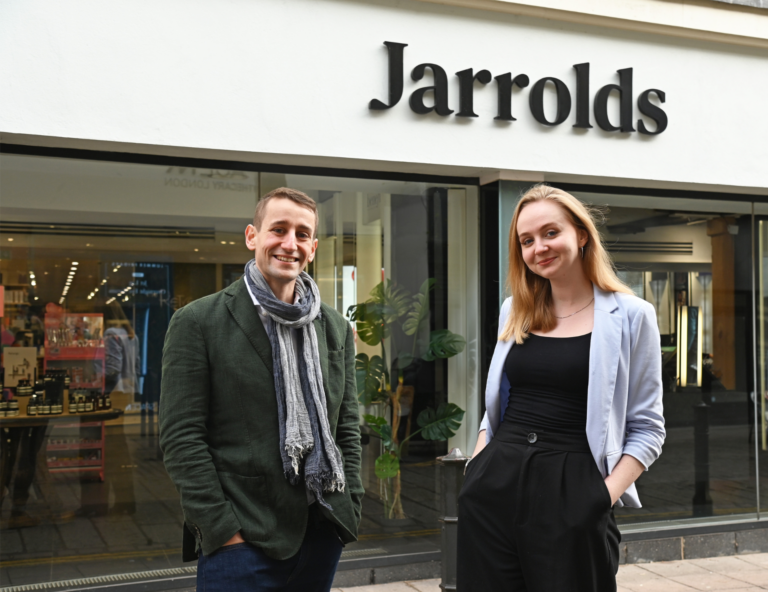
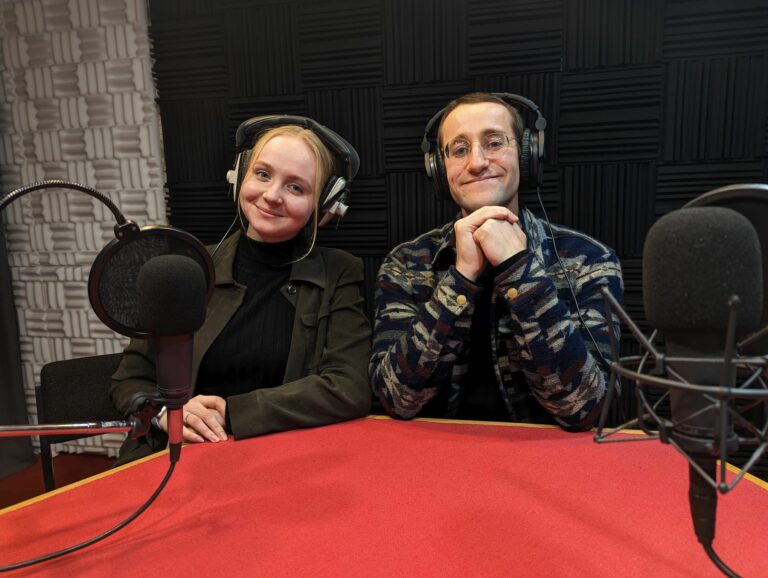








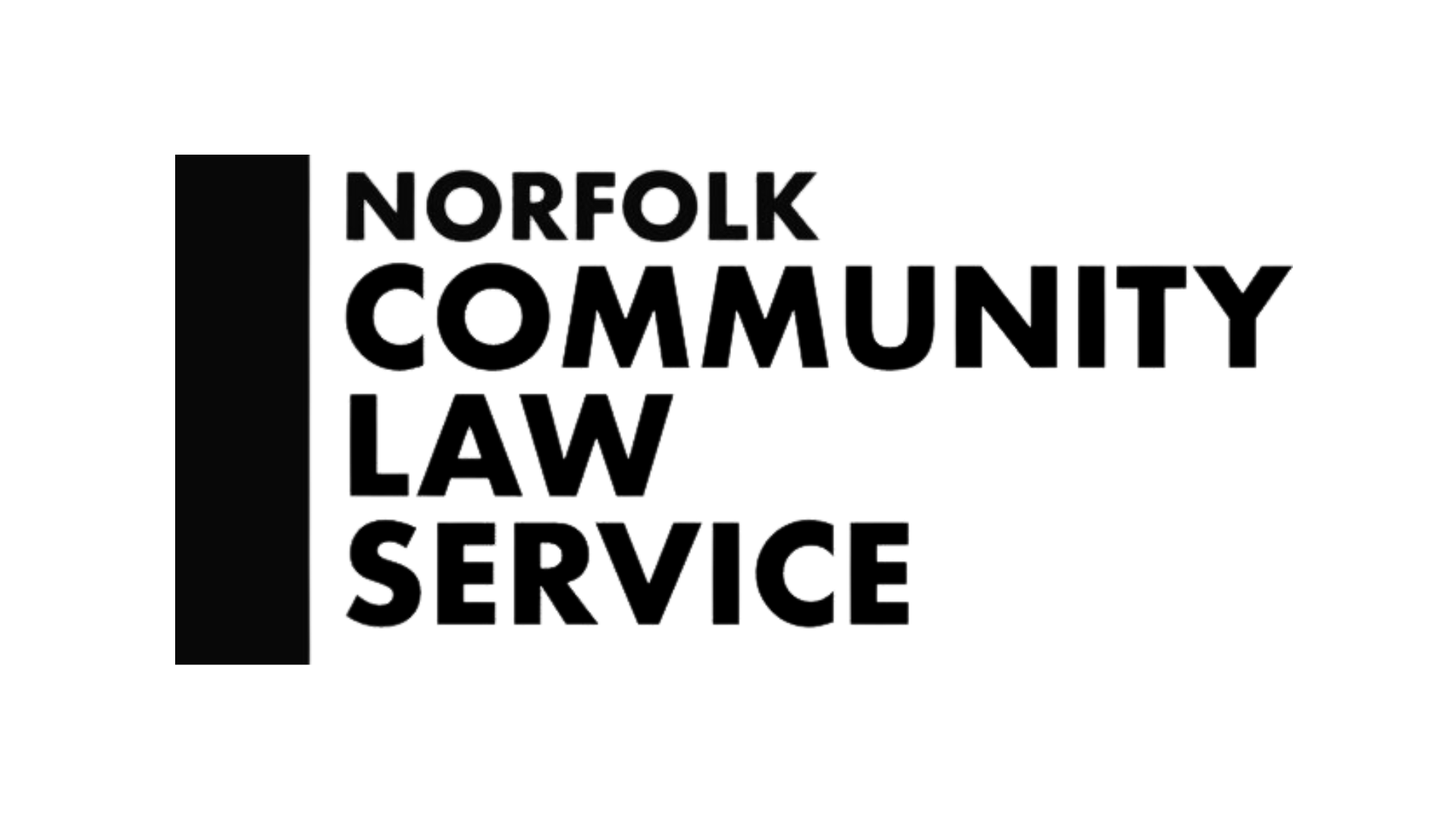


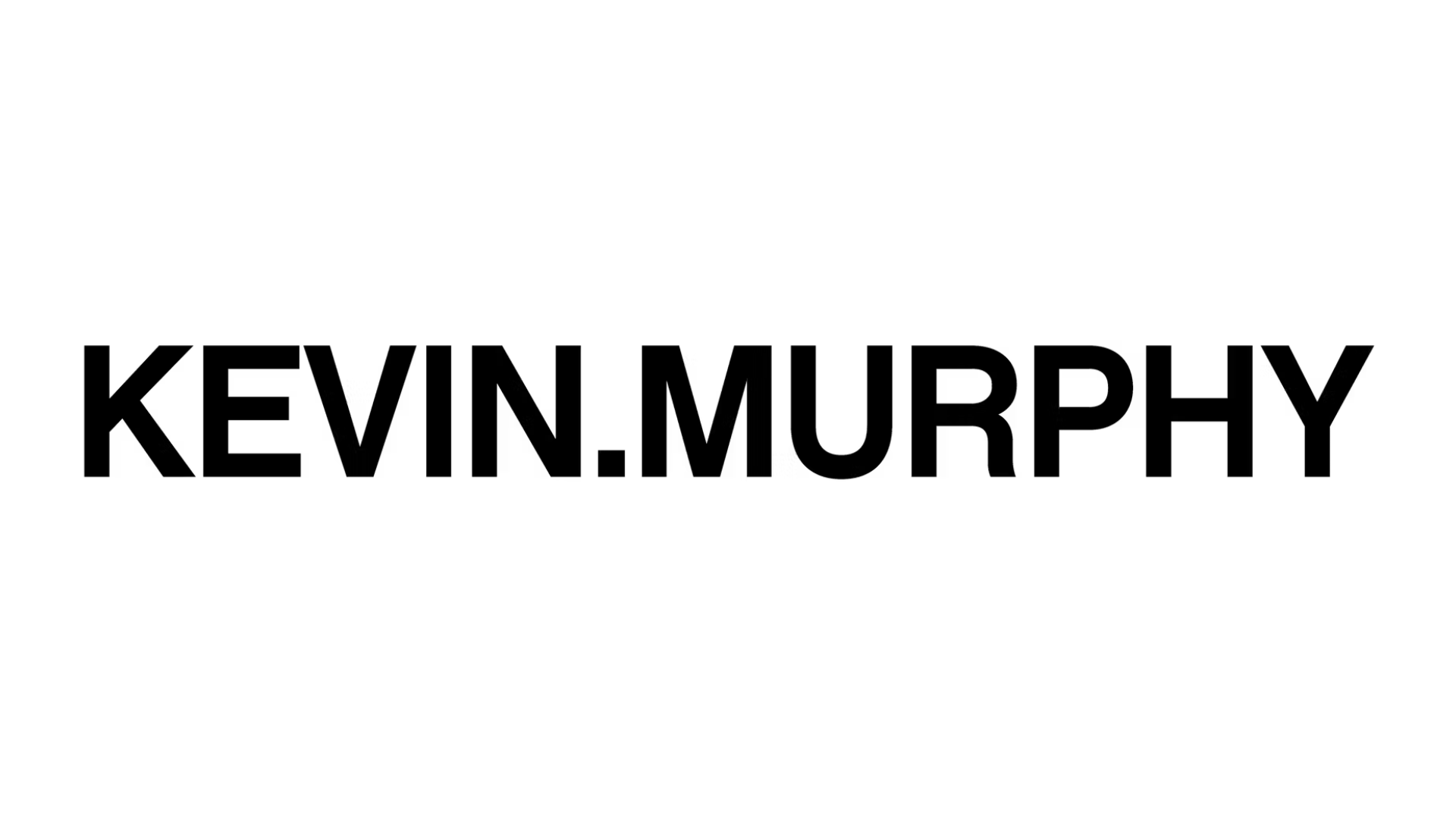
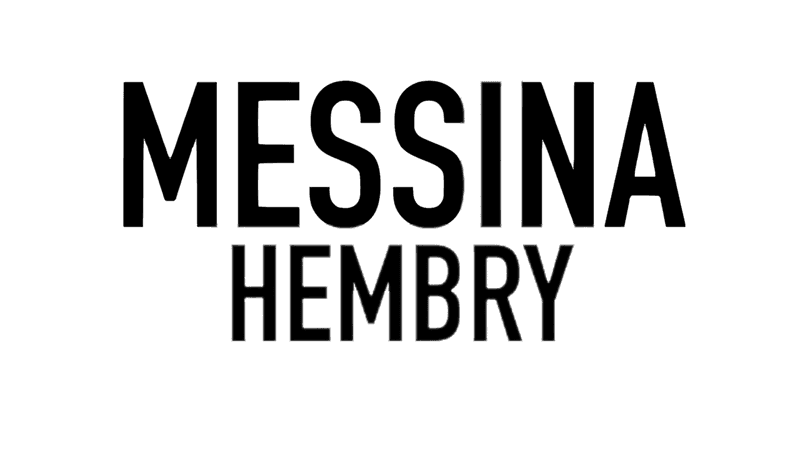
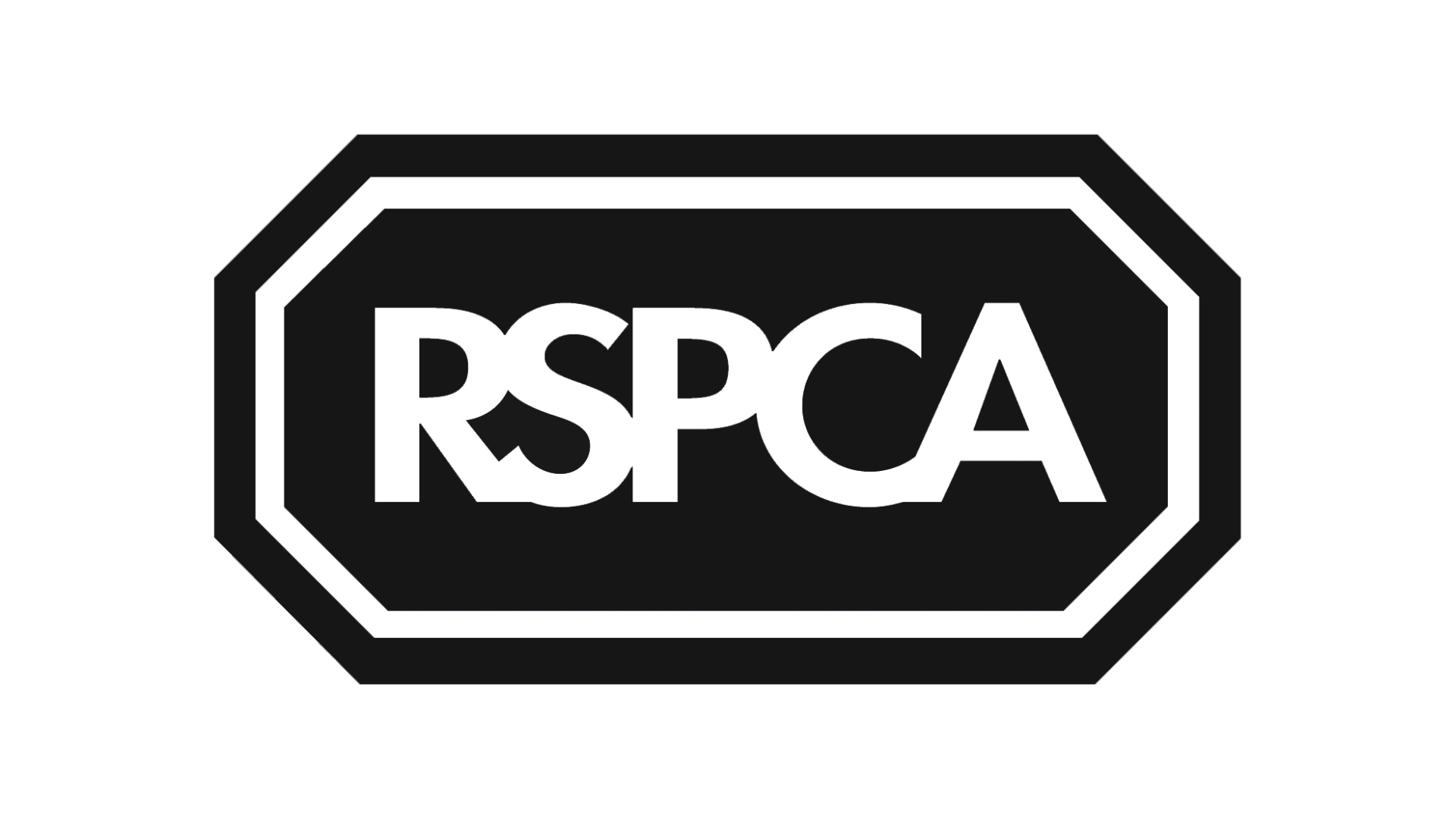


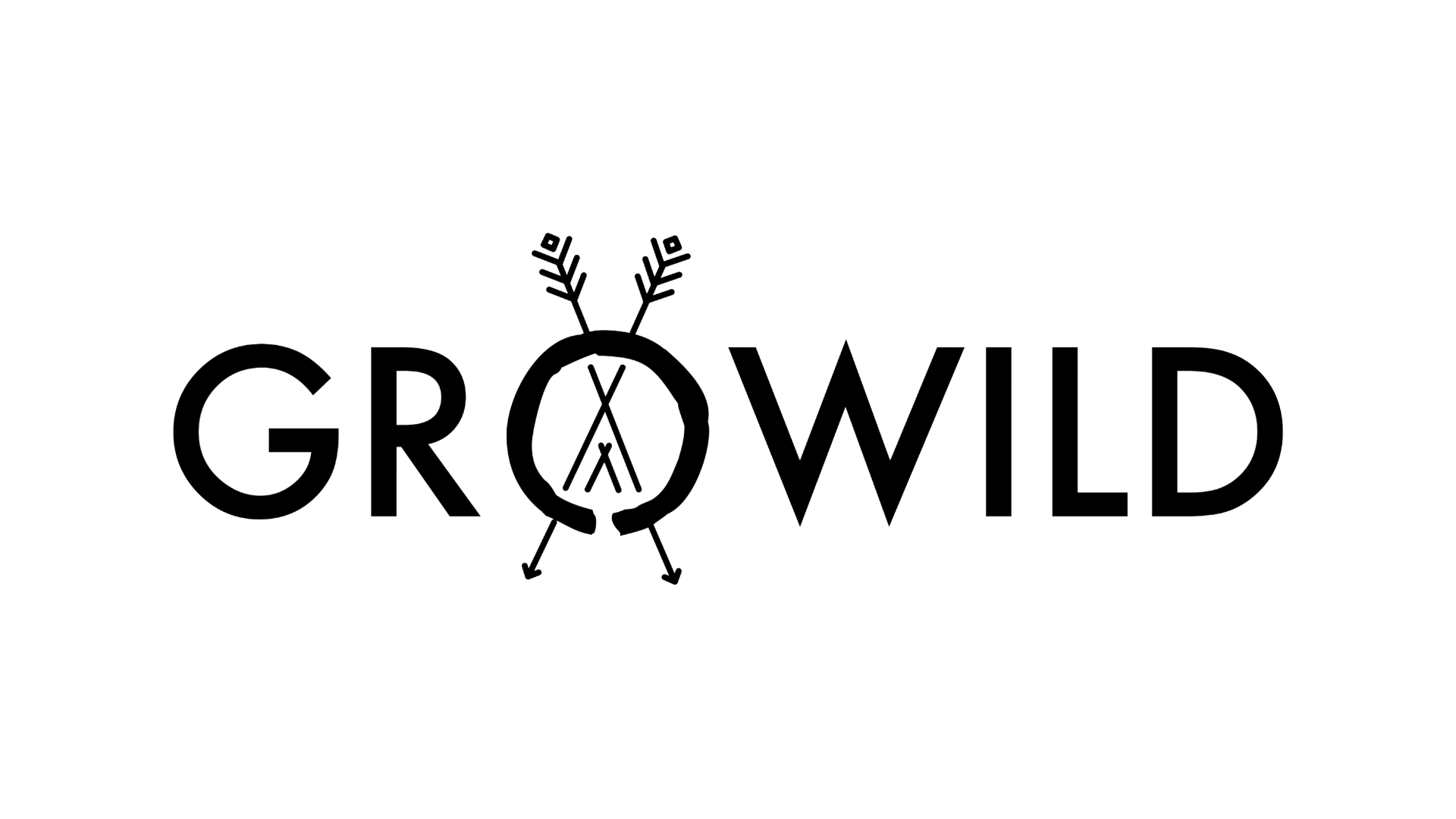



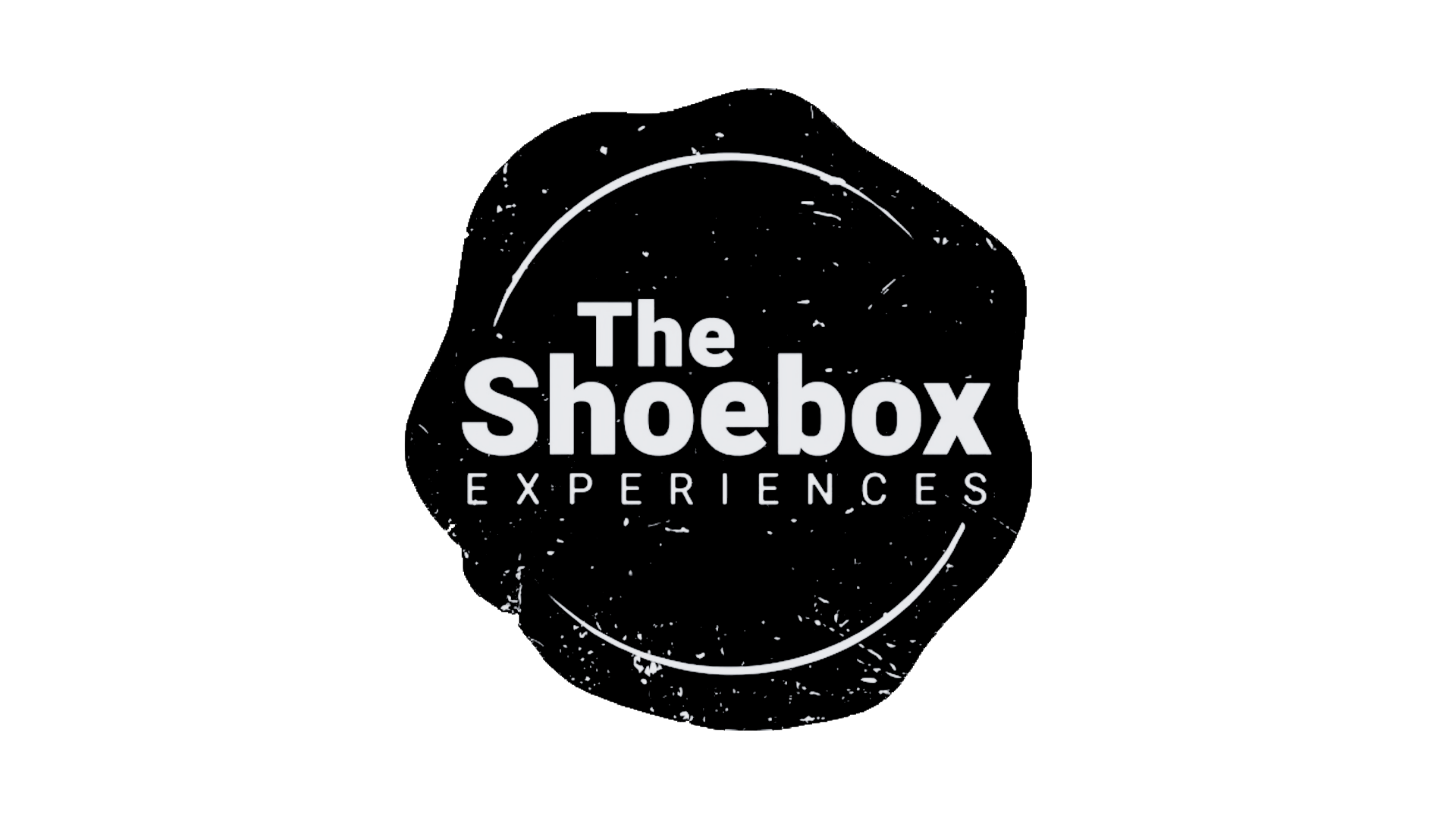


![[removal.ai]_7f27bf29-db53-435d-a634-4d6e7d4c0038](https://yawnmarketing.co.uk/wp-content/uploads/2023/01/removal.ai_7f27bf29-db53-435d-a634-4d6e7d4c0038.png)
![[removal.ai]_fb8dfe21-d7f5-4548-bd32-4e066ba3f972](https://yawnmarketing.co.uk/wp-content/uploads/2023/01/removal.ai_fb8dfe21-d7f5-4548-bd32-4e066ba3f972.png)
![[removal.ai]_a1271f54-b85f-4d55-8c8c-c0c256beb093 (1)](https://yawnmarketing.co.uk/wp-content/uploads/2023/01/removal.ai_a1271f54-b85f-4d55-8c8c-c0c256beb093-1.png)
![[removal.ai]_b81ff4af-ccff-4d3c-b358-e094865820af](https://yawnmarketing.co.uk/wp-content/uploads/2023/01/removal.ai_b81ff4af-ccff-4d3c-b358-e094865820af.png)
![[removal.ai]_60636a21-0918-4e97-8dff-085e9821386e](https://yawnmarketing.co.uk/wp-content/uploads/2023/01/removal.ai_60636a21-0918-4e97-8dff-085e9821386e.png)
![[removal.ai]_tmp-63bc0f493a216](https://yawnmarketing.co.uk/wp-content/uploads/2023/01/removal.ai_tmp-63bc0f493a216.png)
![[removal.ai]_258a25d0-cf81-49e2-97ea-eb5dba513e42](https://yawnmarketing.co.uk/wp-content/uploads/2023/01/removal.ai_258a25d0-cf81-49e2-97ea-eb5dba513e42.png)
![[removal.ai]_tmp-63bc0fb550b31](https://yawnmarketing.co.uk/wp-content/uploads/2023/01/removal.ai_tmp-63bc0fb550b31.png)
![[removal.ai]_tmp-63bc100312311](https://yawnmarketing.co.uk/wp-content/uploads/2023/01/removal.ai_tmp-63bc100312311.png)
![[removal.ai]_932dba74-335e-465d-a995-b96be4cec293](https://yawnmarketing.co.uk/wp-content/uploads/2023/01/removal.ai_932dba74-335e-465d-a995-b96be4cec293.png)
![[removal.ai]_tmp-63bc101f25d1c](https://yawnmarketing.co.uk/wp-content/uploads/2023/01/removal.ai_tmp-63bc101f25d1c.png)